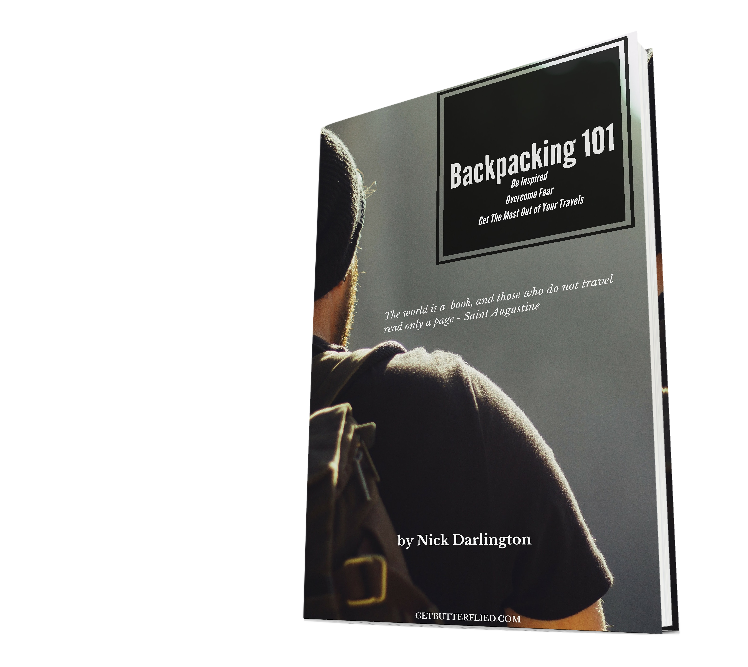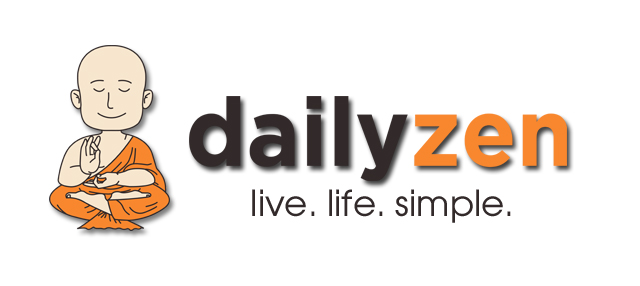Editor’s Note: This is a guest post by Chris van Niekerk, a passionate traveller and creator of The Travel Guy. He wants to explore one new country each year, no exceptions.
When people think of education, generally they think primary school, high school and college. I mean, there can’t be much else to it, right? Most high school graduating 18 year-olds are told to go to college/university, get a degree and get a good job in order to spend 10 years paying off the study loan they’ve just accumulated. As much as I’d like to disagree with people who possess that idiosyncrasy, I can’t. I was moulded by that mentality, it’s something I continually wrestle with.
What I have realised however, is that there is more to education than just the formal. I believe there are three levels of education – inherent, formal and experiential and they all play an important role in life.
Inherent education is what you learn from your parents. Most call this upbringing and most of the time it is expected that people have a basic education given to them by their parents. The sad reality is that many don’t. There are many out there who head straight into formal education with little inherent education.
Now I’m not speaking about being taught about what is right or wrong, but rather about being taught to think, question, bump your head and build on the knowledge given to you by your parents. When this isn’t done, kids easily fall into the formal education system being taught to accept what they are told without question.
On the flip side, when children are taught to question and think with an open mind, they enter formal education with the ability to think critically and analytically. At this stage, both the flaws and strengths of formal education come into play, some end up learning and regurgitating while others begin to think about things from different perspectives. I’ve seen it time and time again, after university people start questioning whether or not this is the be all and end all of life? Get a job, work, retire and die? They start seeking experiences that teach them things that they can’t learn in a textbook, it’s around this stage that experiential education manifests itself.
Experiential learning results from exposure to situations, places and people outside of what we are used to. It takes us from a place of questioning whether or not something is right or wrong to a place of empathy and compromise, seeing things from other people’s perspectives. It’s the only kind of education that forces you to learn more about yourself through learning more about others and it happens without you even realising it.
Although I am a strong believer that this form of education is best obtained through travel and experiencing other cultures, you can just as easily find it on your doorstep talking to the postman. The thing is, we live a finite life in a (seemingly) infinite world – how boring would it be to learn only from a handful of people, textbooks, or ourselves?
If you haven’t picked it up by now, I’m not saying anyone is better than the other but rather that each teaches us a different ways of thinking. Some people skip steps, some jump around between them, no way is right or wrong. I’ve seen so much bashing of one or the other form of education for a multitude of reasons, rather than people accepting that there is something to learn from each person you meet, course you take, place you visit and culture you experience.
YOUR THOUGHTS?
Do you find yourselves moving between the different types of education described above?








Yaa exactly,thank u